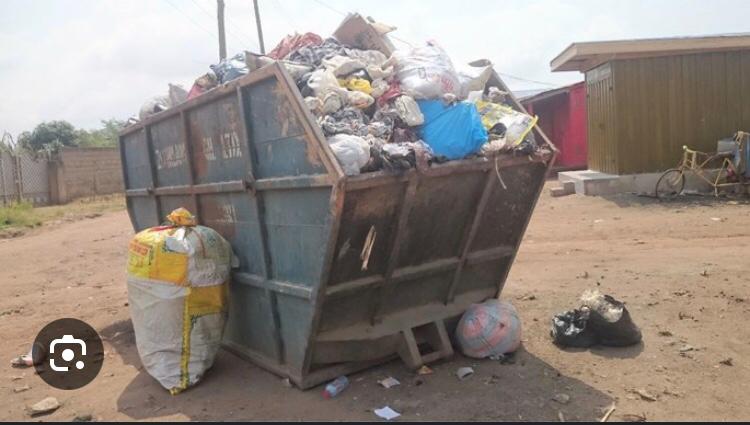Opinion: The Opportunities and Challenges of Waste Materials in Ghana
Ghana, once the world’s leading cocoa exporter, is now losing its top spot due to the encroachment of illegal gold mining, known as "galamsey."
- Advertisement -
In Ghana, what many consider waste—often discarded by local manufacturing companies or citizens in our villages and cities—is being repurposed by innovative young people to create impactful products. From soap to fertilizers, furniture, and more, these individuals are transforming waste into finished goods, proving that what is often overlooked can be a source of economic opportunity.
Africa has long been dubbed the “continent of the future,” thanks to its rich environment and fertile soil. Yet, it continues to lag in human development. Studies show that waste materials hold untapped potential for job creation and wealth generation. The key is to transform this waste into valuable products and put them to good use. In Ghana, as in much of Africa, production lags far behind consumption. This imbalance weakens our currency, as we are heavily reliant on imports—everything from champagne to toothpicks—paid for with U.S. dollars. This dependence on foreign goods is not only economically unsustainable but also embarrassing for a continent as resource-rich as Africa.
- Advertisement -
Waste materials, including those from our kitchens, seas, rivers, soils, fruits, and vegetables, are a treasure trove of resources waiting to be harnessed. In today’s world, young Ghanaians are rising to the challenge by investing in the recycling business, thereby creating jobs and addressing environmental concerns. Recycling, however, remains a significant challenge in Ghana. There is an urgent need for recycling plants across the country to prevent waste from being left in nature. In our cities, the preference for drinking water from sachets or plastic bottles has led to widespread littering. These plastics clog drains and contribute to destructive flooding during the rainy season. Despite some progress in recent years, only about a third of the country’s plastic waste reaches landfill sites. This failure in plastic waste management presents a major challenge for both authorities and citizens. The rapid population growth, combined with the limited capacity of municipal and private waste management companies, has exacerbated environmental concerns.
- Advertisement -
As a nation, we have yet to fully capitalize on the abundant natural blessings bestowed upon us by the Creator. Ghana, once the world’s leading cocoa exporter, is now losing its top spot due to the encroachment of illegal gold mining, known as “galamsey.” This scourge has devastated rivers and farmlands, and if left unchecked, it threatens to destroy entire villages and communities.
- Advertisement -
A clear message is being sent to leaders worldwide, particularly in Africa: the younger generation is beginning to think outside the box and take control of their destinies. They are not only striving to provide for themselves but also challenging the poor policies implemented by those who hold their futures in their hands. This growing movement demands accountability from leaders whose programs and policies are hindering our country’s development.
African leaders must prioritize investment in agriculture and innovative programs. A nation that cannot feed itself will always be at the mercy of others, who will exploit our natural resources to create jobs for their citizens and secure their futures.
By Diallo Madjid
- Advertisement -



